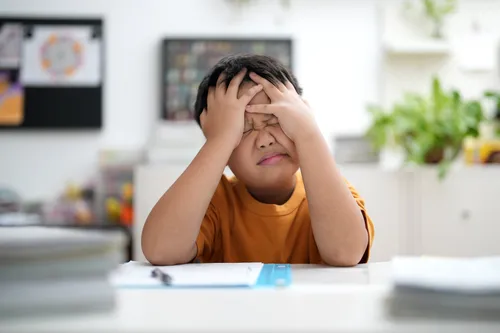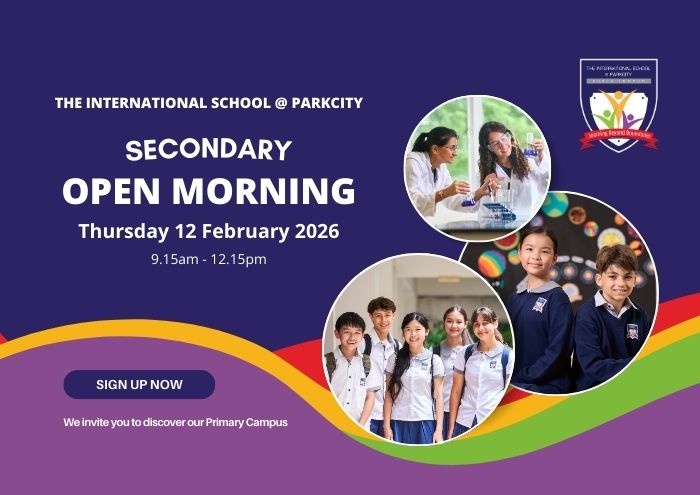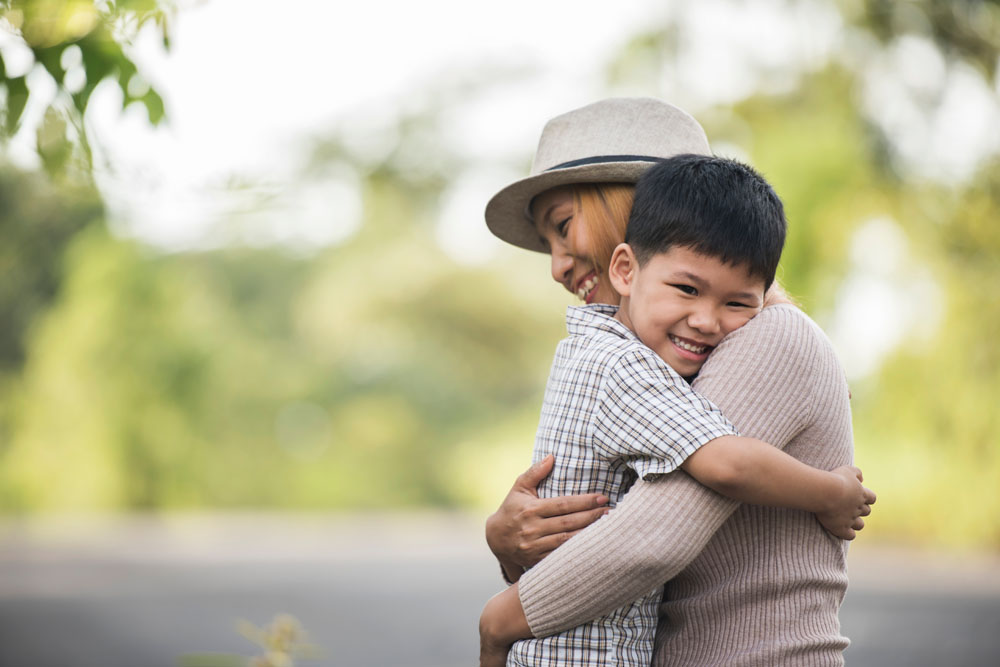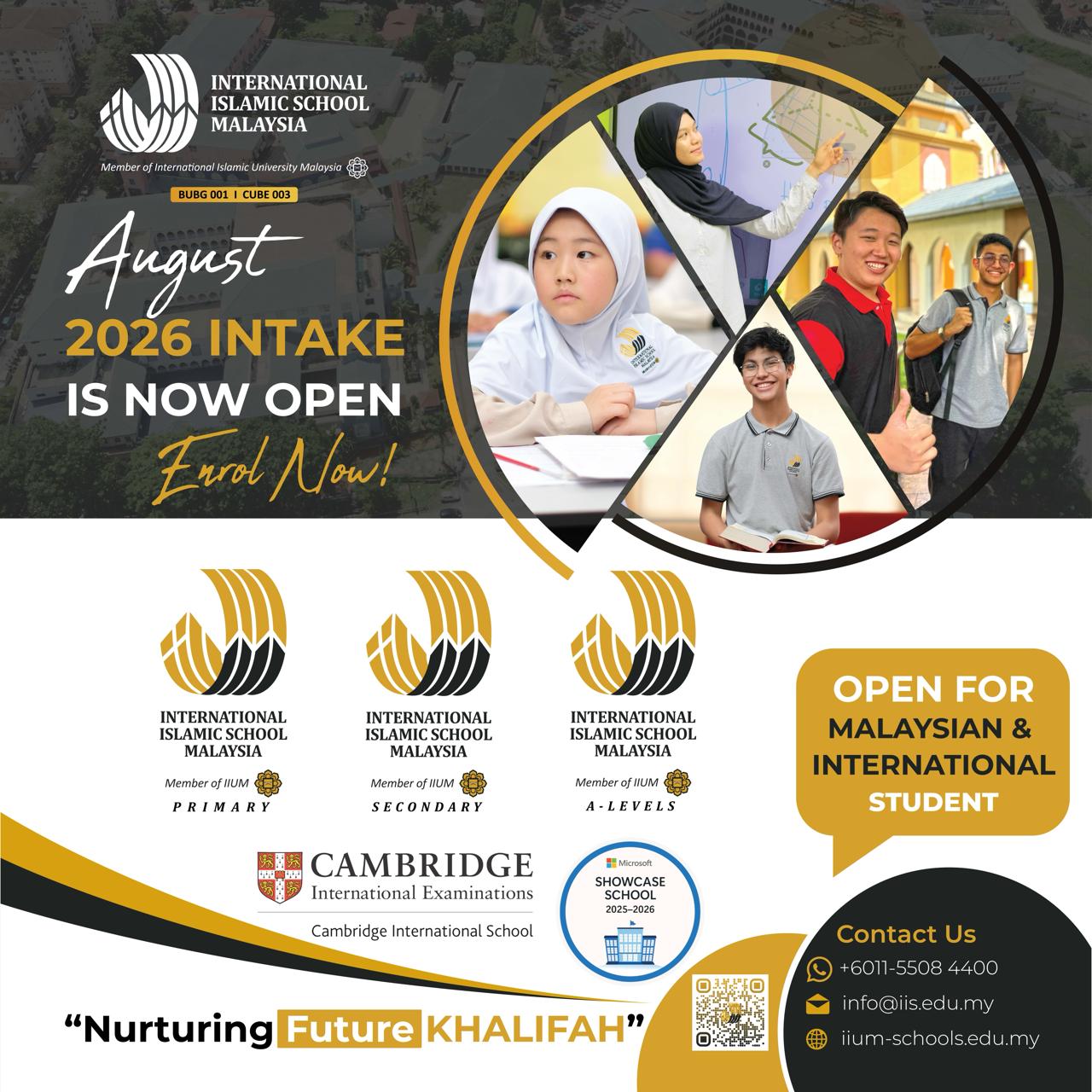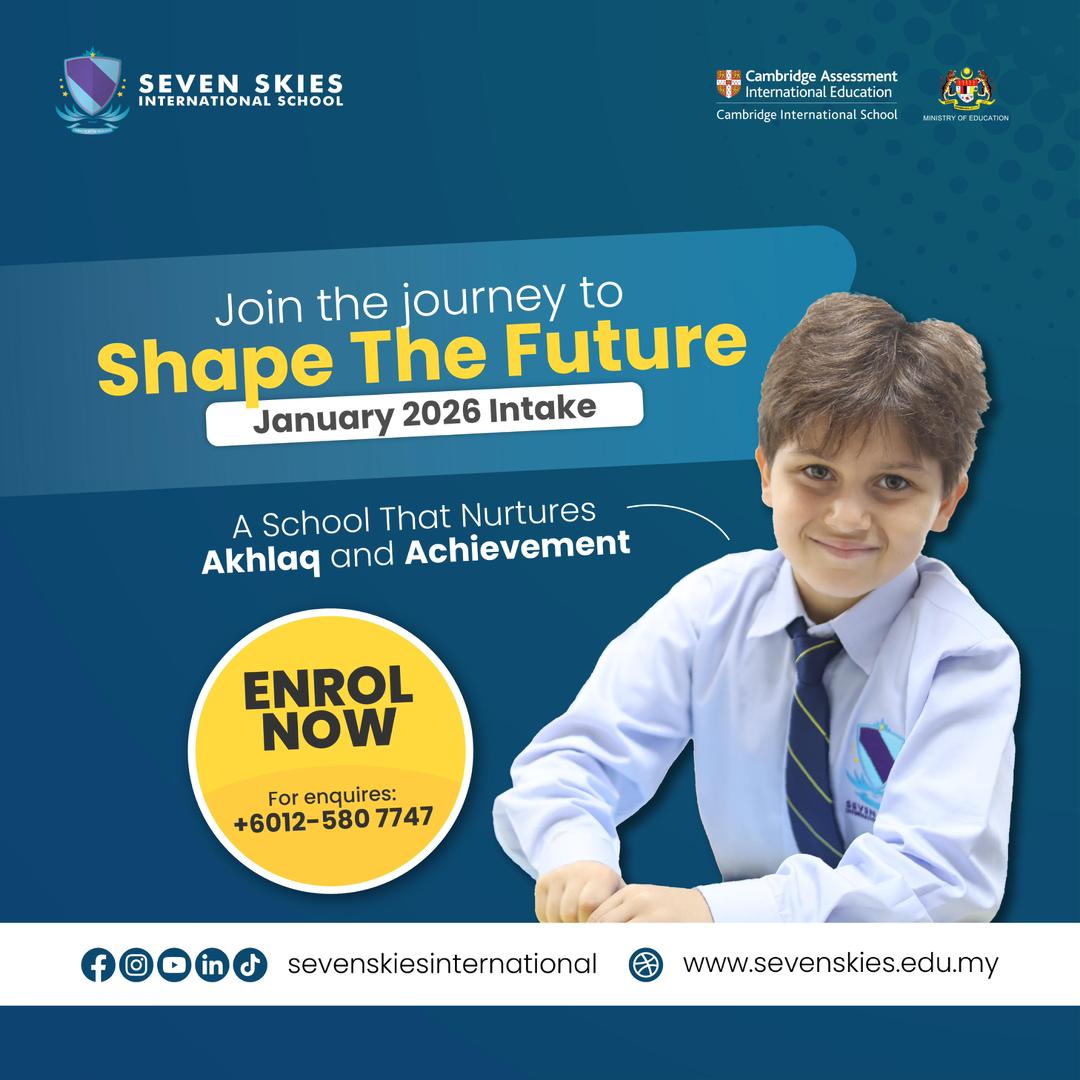
1. Developed for children aged 3 to 12
The PYP was developed over a period of ten years by the former International Schools Curriculum Project (ISCP). Their aim was to create a curriculum that provides continuity of learning and internationally-minded students. As of March 2017, the PYP is offered by 1,472 schools in 109 countries.
2. Built around six transdisciplinary themes
The curriculum framework of the PYP is planned around themes that connect academic subjects to the real world. These themes are taught across all subjects and are known as transdisciplinary themes. The themes are Who we are, Where we are in place and time, How we express ourselves, How the world works, How we organise ourselves and Sharing the planet.
3. Promotes inquiry-based learning
The PYP places an importance on developing their young students into inquirers in the classroom and real life. The six transdisciplinary themes are a guide for teachers to create a programme of inquiry. Teachers work together with students to discover important ideas and themes across all subjects. The high level of interaction between students and teachers build students’ communication skills and self-confidence.
4. Students learn a new language
Students aged 7 and above have a chance to take on a foreign language in the PYP. Depending on the school, a new language can be implemented in subjects which are taught entirely in a foreign language or in two languages, one being the student’s mother tongue. Teachers are responsible for introducing a foreign language in an enjoyable and meaningful way.
5. Prepares students for IB Middle Years Programme (MYP)
The PYP imparts invaluable skills in their students that will help them transition to the MYP, which is designed for 11 to 16 year olds. The skills include independence, respect, international mindedness, initiative and teamwork. Exposure to transdisciplinary themes will also help students tackle more complex subjects in the MYP. As the MYP is also inquiry-based curriculum, PYP students are well prepared and have a chance to develop their academics, social skills and well-being further.
Related articles:













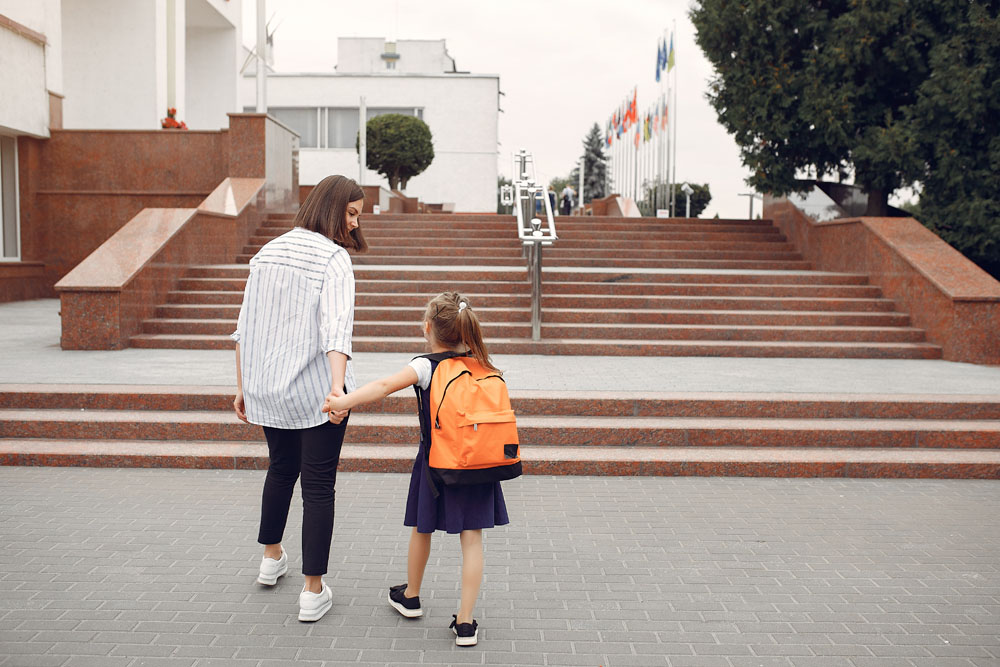

![[Maahad Tahfiz Negeri Pahang] Asia Youth International Model United Nations](https://mint-edm.sgp1.digitaloceanspaces.com/production/qKffTsfZisDxO4b6kcejusAA7mWWgL.jpg)
